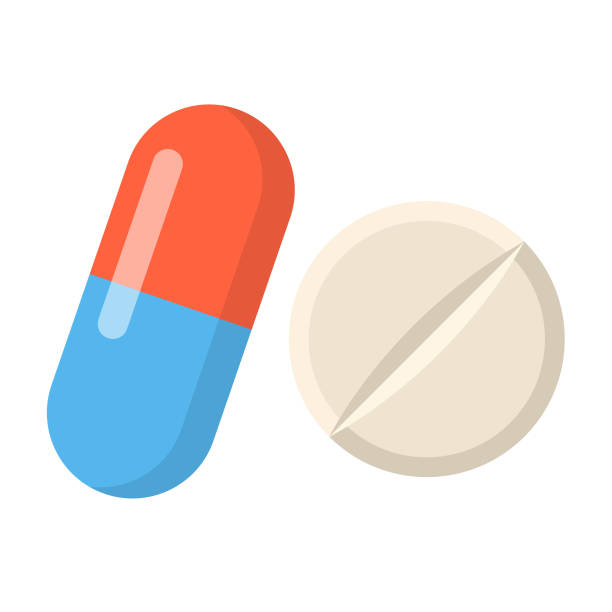Pharmacology
Levocarnitine is a naturally occurring substance required in mammalian energy metabolism. It has been shown to facilitate long-chain fatty acid entry into cellular mitochondria, thereby delivering substrate for oxidation and subsequent energy production. Fatty acids are utilized as an energy substrate in all tissues except the brain. In skeletal and cardiac muscle, fatty acids are the main substrate for energy production.
Dosage And Administration
Levocarnitine tablet-
- Adults: 330 mg two or three times daily. Depending on clinical response.
- Infants and children: 50 to 100 mg/kg/day in divided doses, with a maximum of 3 g/day. Dosage should begin at 50 mg/kg/day. The exact dosage will depend on clinical response.
Levocarnitine solution (For oral use only. Not for parenteral use)-
- Adults: The recommended dosage of Levocarnitine 100 ml solution is 10 to 30 ml/day. Higher doses should be administered with caution. Dosage should be started at 10 ml/day and be increased slowly while assessing tolerance and therapeutic response.
- Infants and children: The recommended dosage of Levocarnitine 100 ml solution is 50 to 100 mg/kg/day. Dosage should be started at 50 mg/kg/day and be increased slowly to a maximum of 30 ml. /day. Levocarnitine oral solution can be given from 2-spoonful to 6-spoonful in divided dose as directed by physicians. Higher doses should be administered with caution.
Note: Levocarnitine 100 ml solution may be consumed alone or dissolved in drink or other liquid food. Doses should be spaced evenly throughout the day preferably during or following meals and should be consumed slowly in order to maximize tolerance.
Side Effects
Generally, Levocarnitine is well tolerated. However, few side effects including transient nausea and vomiting, abdominal cramps, and diarrhoea may occur.
Pregnancy And Lactation
There is no adequate and well-controlled studies in pregnant women. This drug should be used during pregnancy only if clearly needed. Levocarnitine supplementation in nursing mothers has not been specifically studied. In nursing mothers receiving levocarnitine, any risks to the child of excess carnitine intake need to be weighed against the benefits of levocarnitine supplementation to the mother. Consideration may be given to discontinuation of nursing or of levocarnitine treatment.
Precautions And Warnings
Gastrointestinal reactions may result from a too rapid consumption of Levocarnitine. The safety and efficacy of oral levocarnitine has not been evaluated in patients with renal insufficiency. Chronic administration of high doses of oral levocarnitine in patients with severely compromised renal function or in ESRD patients on dialysis may result in accumulation of the potentially toxic metabolites, trimethylamine (TMA) and trimethylamine-N oxide (TMAO), since these metabolites are normally excreted in the urine.
Overdose Effects
There have been no reports of toxicity from levocarnitine overdosage.
Therapeutic Class
Drugs for muscular energy metabolism.
Storage Conditions
Do not store above 30°C. Keep away from light and out of the reach of children.
